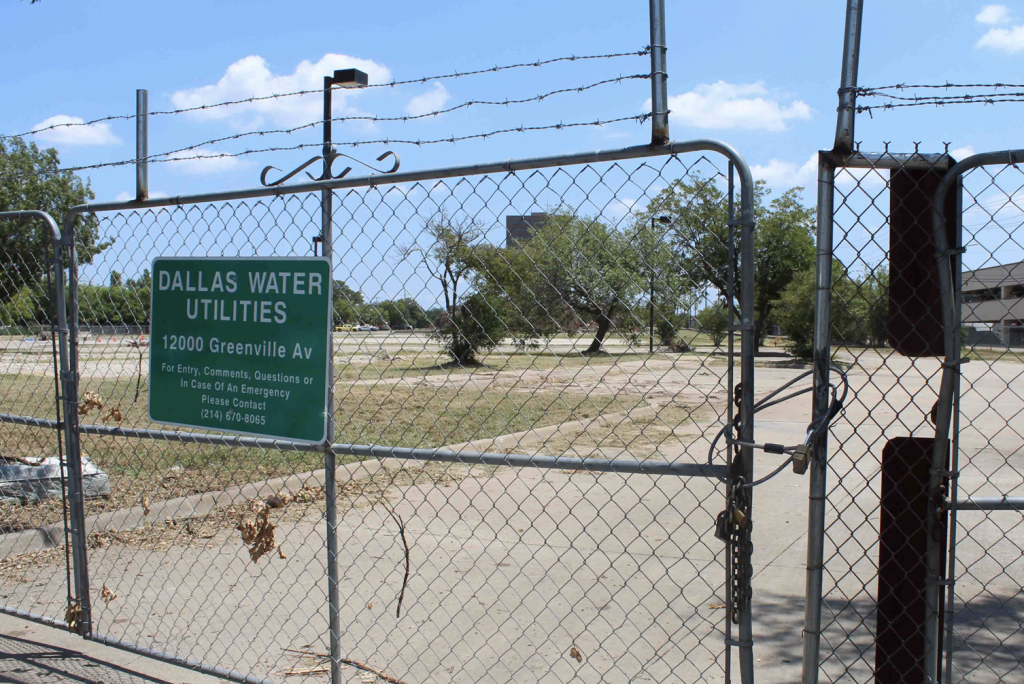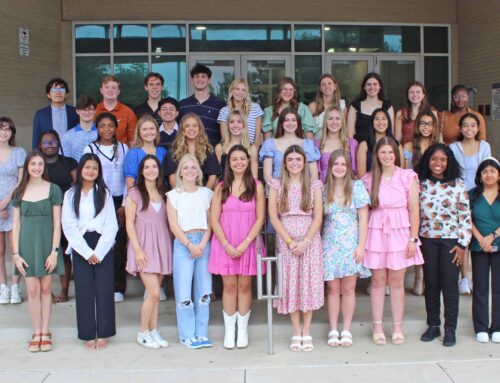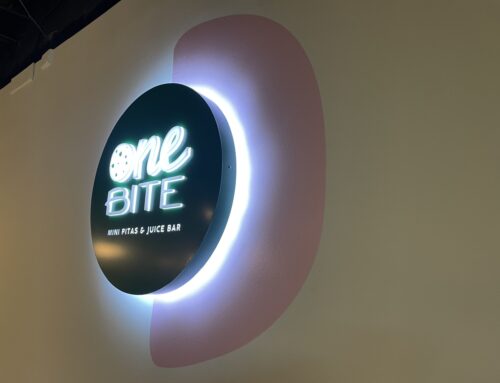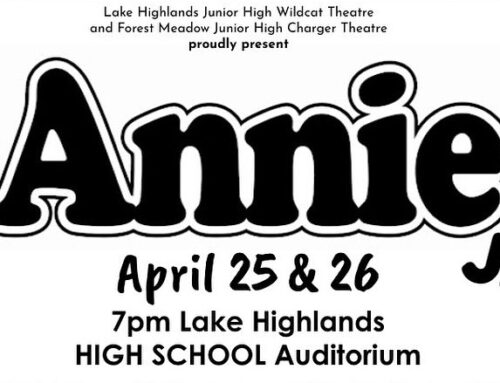In case you missed it, Council District 10 representative Adam McGough last week sent a letter to D10 residents addressing what he calls “questions and misinformation swirling around the project at 12000 Greenville Avenue.”
“It has been heart wrenching, to say the least,” McGough writes.
Refresher
McGough is referring to the recent indefinite postponement of a City Council vote to provide city-owned land for a project called City of Refuge, whose Atlanta, Georgia branch offers an innovative approach to public health and wellness, housing and vocation.
The proposed project eased through previous council hearings, but a couple council members elected more recently brought up concerns at a hearing a few weeks back.
In response to that ado, City of Refuge founder and CEO Bruce Deel asked that the item be removed from the agenda.
Deel told The Advocate then that he is not pulling out of the project altogether, just pulling back. But no further action has been taken to revive it, and when we spoke with Deel, he did not say he was planning to come to Dallas to change hearts and minds. He just wanted to “take a breather.”
“We’ve had a really good relationship for the past year with Dallas City Council, which voted 14-0 twice to move the project forward,” he says. “And then as we approach this vote on the land lease, there were some issue raised by some council members — which are fair. They seem to have some concerns and we felt like the waters have been stirred a bit more. We just didn’t want a public controversy, and we want to be able to resolve those things before it goes to a vote publicly.”
We have a report here outlining all that, but back to McGough’s letter.
It begins by telling D10 residents that “this project must be saved.”
He says City of Refuge Lake Highlands “brings together partners from across the city, state and nation to create what could be a model for others to replicate.”
He says that help is needed for “people experiencing crisis in our community, panhandling or camping under our bridges and in our creeks.”Indeed data show this part of Dallas is in need as much as any part of South Dallas or elsewhere. In fact the glut of evictions in Dallas County occur precisely at this intersection. The questions revolve around whether this is the most effective way to approach this, whether City of Refuge Lake Highlands can pull it off, if parties have conducted due diligence on a project of such magnitude or if more needs to happen.
A permanent supportive housing project with health and other wrap-around services proposed at the address in 2019 met with an angry coalition of neighbors who felt broadsided by the plan, which was forfeited after the outcry.
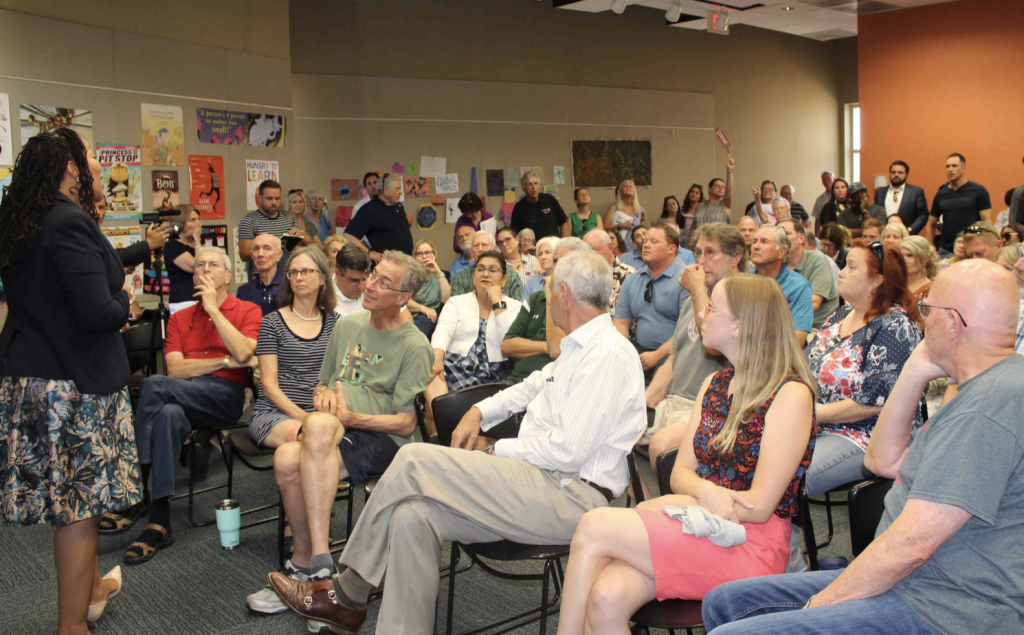
Lake Highlands residents objected to a permanent supportive housing project previously proposed at the same site.
He believes City of Refuge would put the land to the best possible use and that he is heartsick that this idea has been held up by what he calls “city-hall politics and perceptions.”
“This project is so much better than anything ever discussed for this land, and certainly better than the previous supportive-housing project originally planned by the city. It was the strong voices of advocates in D10 who spoke to fight for something better, and that is what we have now,” he writes.
Neighbors have been far more enthusiastic about the 50-house City of Refuge project than for the permanent supportive housing project that would have housed about 175. City of Refuge plans also include amenities for the community such as a restaurant and farmers market.
RFP concerns
In response to concerns about the City’s request-for-proposal process that is typical for projects like this one McGough says that early on, “City staff, city attorneys and councilmembers agreed that a multi-bid RFP process was not needed for this demonstration project.”
City councilperson Gay Willis tells The Advocate via email, “Local nonprofits indicated that they’d like the opportunity to at least have an RFP to consider. They also noted that they jump through many hoops and go through competitive bids with the City for City resources like office space, funds, etc. My comment was that our local groups are feeling ‘leapfrogged’ by an outside group with little local track record, when we have so many who have successful outcomes in our community.”
McGough writes: “The city council voted unanimously three separate times (on June 24, 2020; January 27, 2021; and June 23, 2021) to support the plan as a demonstration project with no RFP. This was in addition to the years of public meetings and discussions, as well as four separate presentations to and discussions by the city’s Economic Development Committee (on June 1, 2020; January 4, 2021; October 4, 2021; and November 1, 2021). This project passed through multiple levels of in-depth reviews and the proper city channels; any suggestion to the contrary is a red herring and totally false.”
Concerns about funding and the absence of identifiable funding commitments
Says McGough, “More than $6 million has been pledged or contributed by North Texas leaders to this comprehensive and innovative approach to address so many problems facing our city. Like so many of us, these leaders are excited about how the City of Refuge Lake Highlands proposal will improve life in Dallas and serve as a model for other cities grappling with the same challenges.”
Conflict of interest questions
In his letter, McGough also includes an explanation about his inquiries, via email, to a city attorney related to working for City of Refuge. Some folks on Twitter who got wind of those emails seemed pretty worked up about them, implying the so-called “leaked emails” left the councilman holding some sort of smoking gun.
It doesn’t seem to be a legitimate problem, and the noise around it detracts from the real issues revolving around homelessness, poverty, evictions, mental illness, addiction and crime in D10 and what to do about it.
Still, McGough responds. He explains that City of Refuge Lake Highlands underwent a “diligent process to hire a local team and build a local board of directors.”
“As momentum for this project grew, people in the community asked if there was a way for me to be more directly involved since I had been deeply entrenched with the community in imagining, researching and developing plans for this comprehensive project.”
After some time and “a lot of prodding” from the neighbors, McGough says he “decided at least to ask the City Attorney’s Office for guidance and an opinion.”
So those questions and emails happened, and the councilman says he “was advised that it was within acceptable legal and ethical boundaries for him to take a paid position with an organization that would loan his services to the non-profit City of Refuge Lake Highlands.” He says during these considerations he also had that opinion reviewed by private legal counsel, a former city attorney and other attorney friends.
Ultimately he says he decided to just serve as an “unpaid volunteer and advocate” since he did not want to put anything out there that would jeopardize the project. Even on that front he sought clarity, he says.
“I sought an additional legal opinion to see if I had a conflict of interest as the District 10 Councilmember that would potentially require me to recuse myself from any votes on the project. As recent as November 5, the City Attorney’s Office concluded that I did not have a conflict or an improper economic interest.”
Ironically, the inquiries wound up being provocative social media fodder that brought more negative attention to the effort.
McGough concludes his letter to D10 by promising to do “whatever I can, legally and ethically, to ensure the City of Refuge Lake Highlands project will come to fruition.”
The Advocate will continue to cover happenings at City Hall and at 12000 Greenville.

